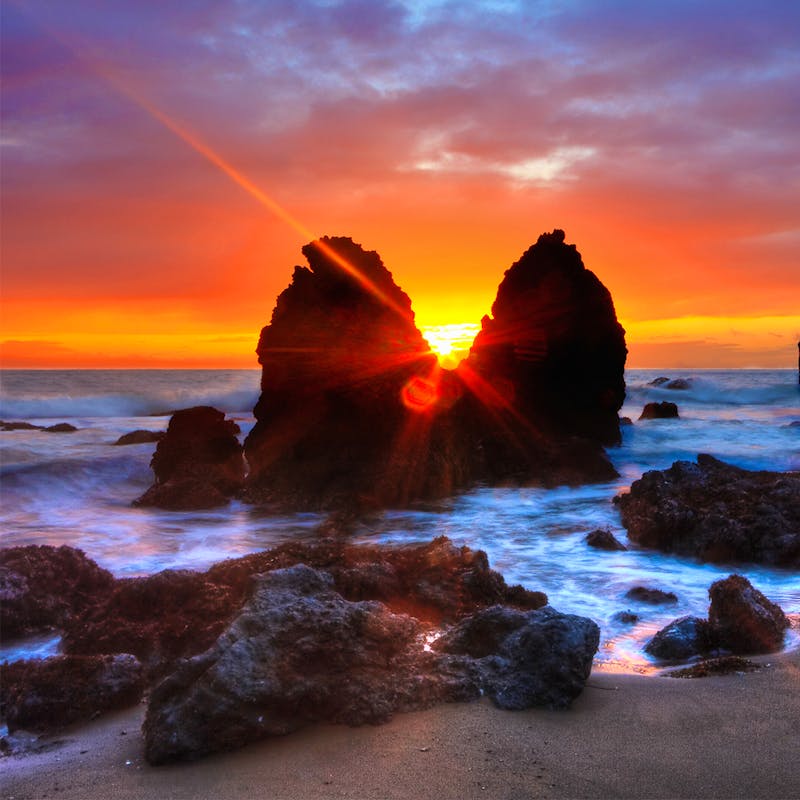Protect vulnerable wildlife by opposing the “Fix Our Forests Act"
The Pacific Northwest, British Columbia, and southeast Alaska are well-known for their rainforest-like conditions.
Along the Pacific Coast, temperate coniferous forests have mild winters and heavy rainfall or inland mountainous areas with mild climates. Temperate climate with temperature that fluctuates little throughout the year. High levels of precipitation (50-200 inches per year) cause a moist climate and a long growing season. Evergreen conifers dominate these forests. Due to the high levels of precipitation and moderate temperatures, there is a long growing season, resulting in trees that grow very tall.
The Tongass National Forest is the largest intact temperate rainforest reserve on the continent, encompassing almost 17 million acres in southeast Alaska. It is a mosaic of rugged, ice-capped mountains, deep fjords, ancient forests, hundreds of large and small islands, countless channels and bays, glaciers, lakes, and hundreds of rivers and streams.
Temperate Rainforest Wildlife
Five species of salmon, brown and black bears, bald eagles, wolves, mountain goats and Sitka black-tailed deer all call this national forest home. Migratory birds that come from all over the continent spend the summer nesting and breeding here, and unique endemics like the Prince of Wales flying squirrel reside on some of the many islands across the forest.
Defenders is fighting to uphold the Roadless Rule in Alaska and across the country.
The 2001 Roadless Rule is a landmark Forest Service regulation that protects 58 million acres of unlogged and unroaded National Forest System lands in the country. We are documenting the tremendous ecological, social and economic values of Tongass roadless areas, and hope to inform the Forest Service on fairly and comprehensively measure the effects of roadbuilding and logging on forest resources.
Defenders fights bad proposals to recklessly sell off the Tongass to the timber industry with advocacy and litigation when necessary, as with the March 2019 Forest Service decision to heavily log the remaining old-growth forest habitat on Prince of Wales Island . We have also actively opposed repeated efforts to transfer or sell out our national forest lands to state or private ownership or management.
Your support ensures our expert team of scientists, lawyers, advocates and activists have the resources needed to demand action and protection for wildlife across the nation.
Donate Today!
Temperate Rainforest Blog Posts
Read More About the Temperate Rainforest











